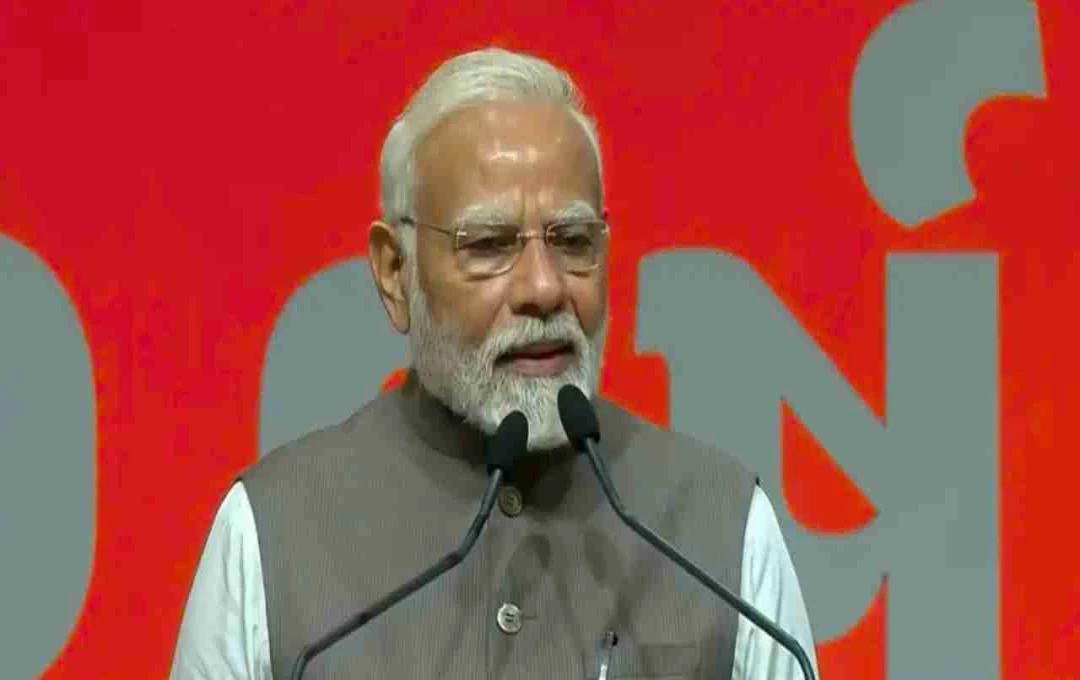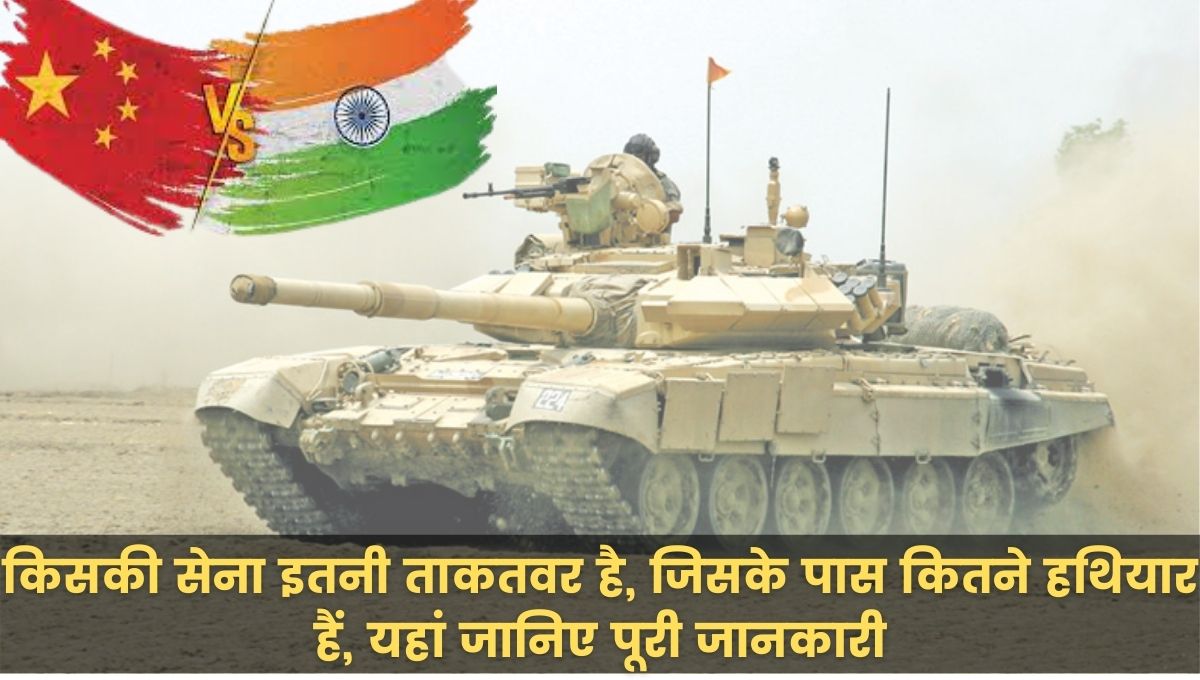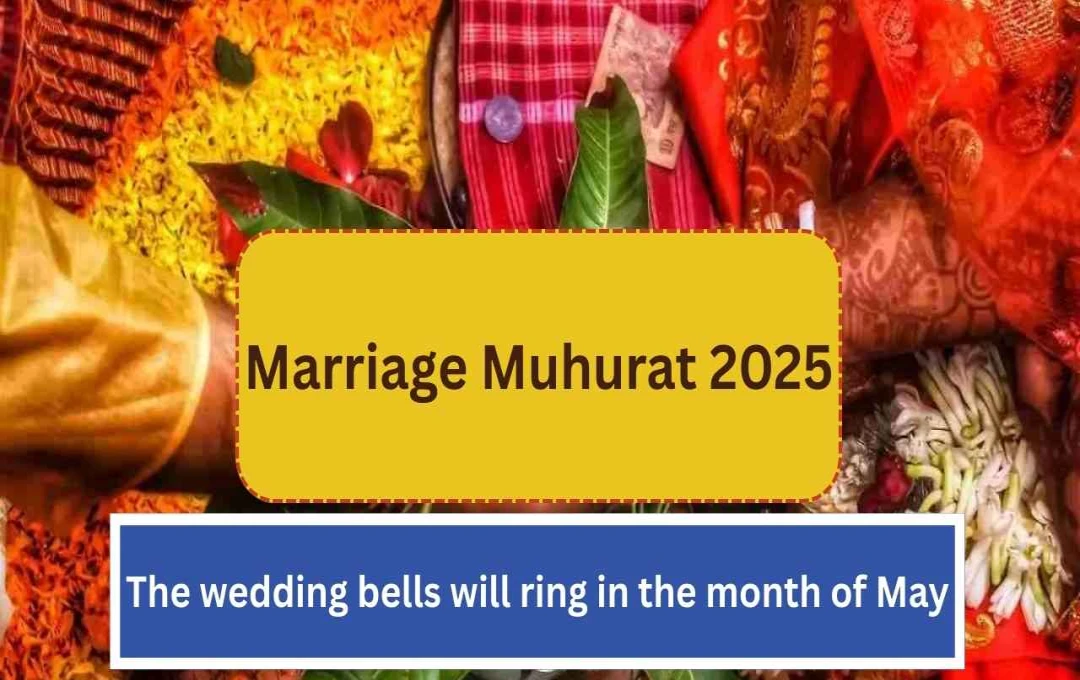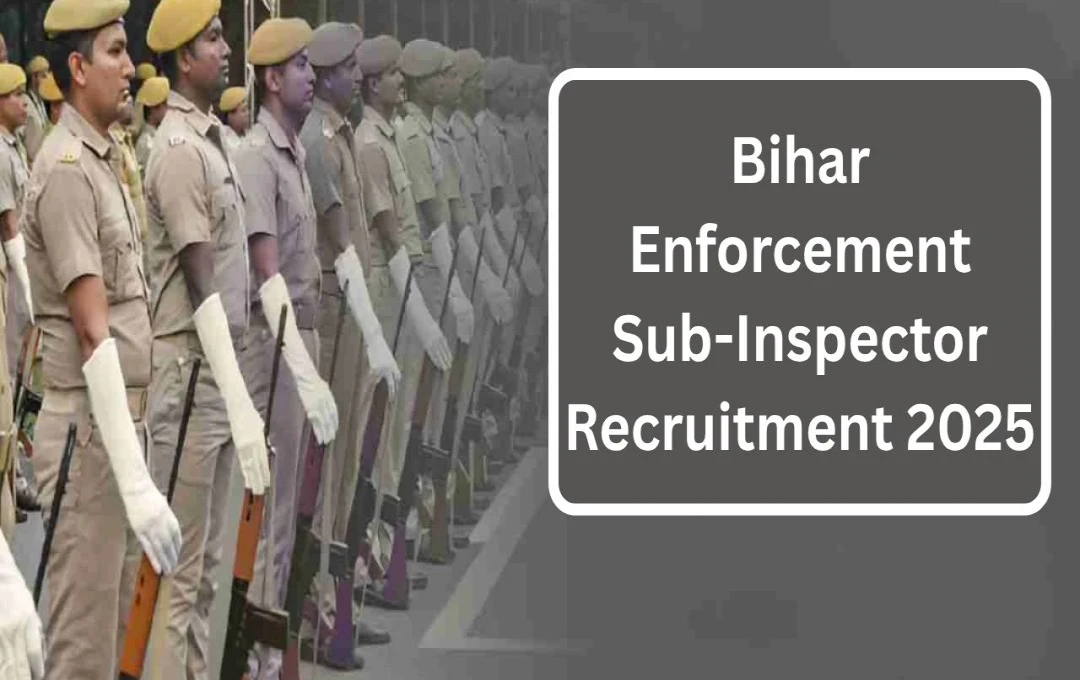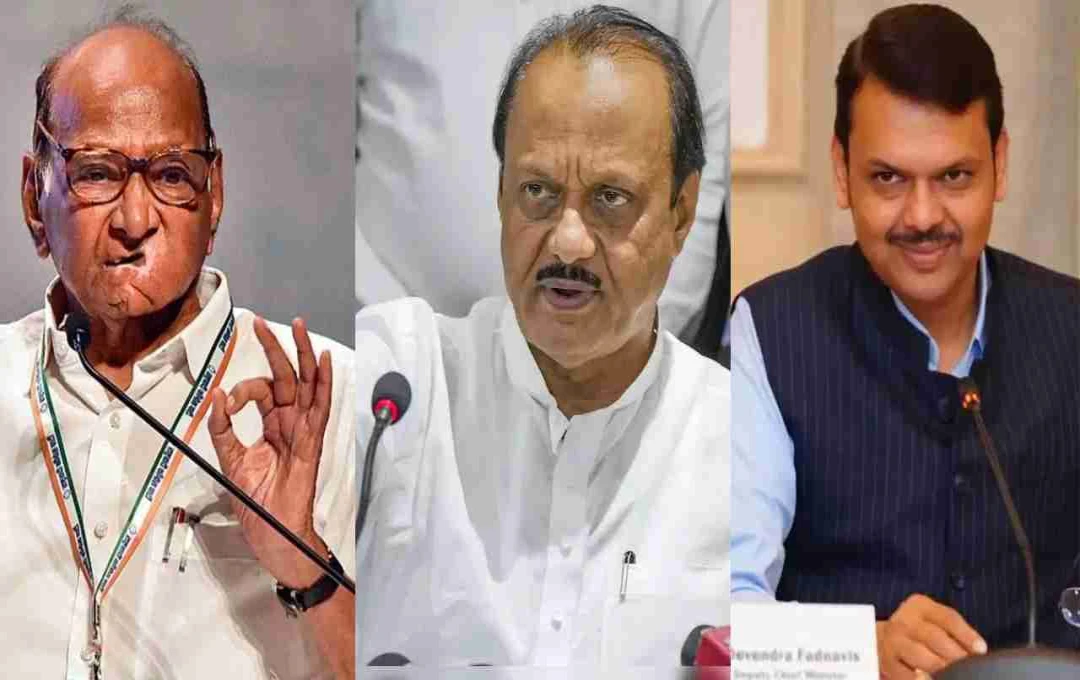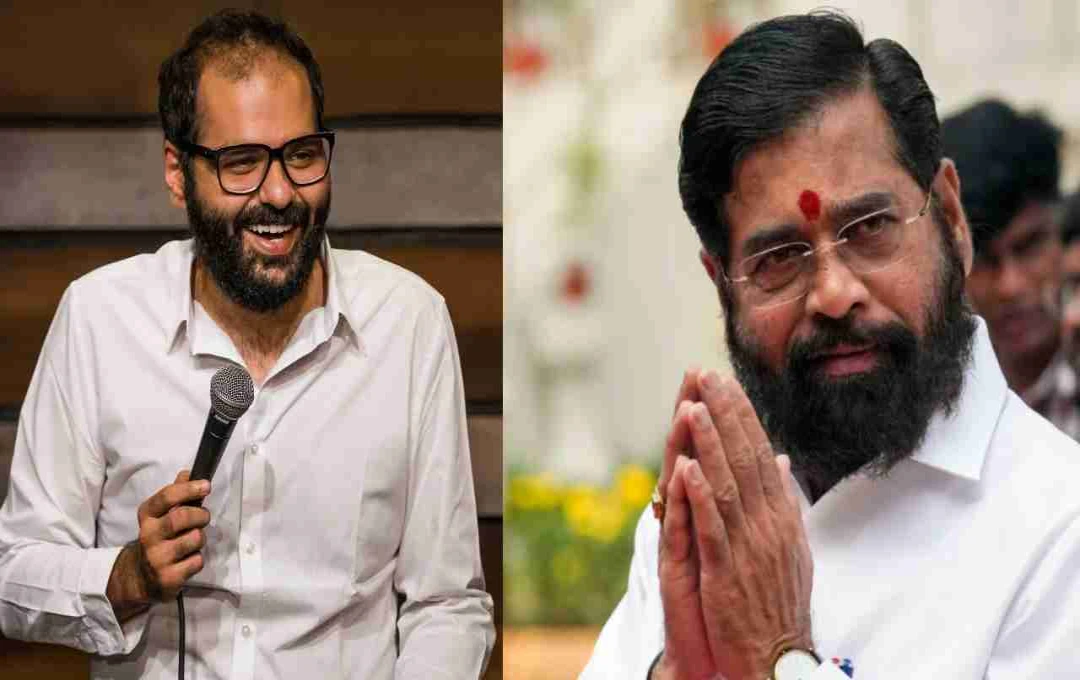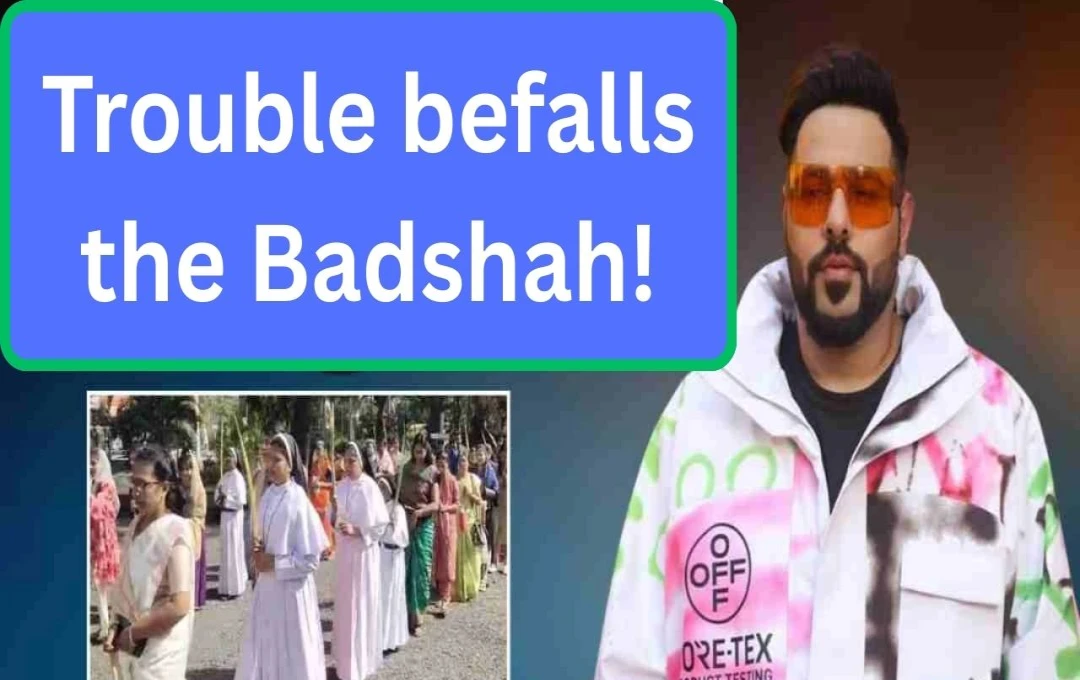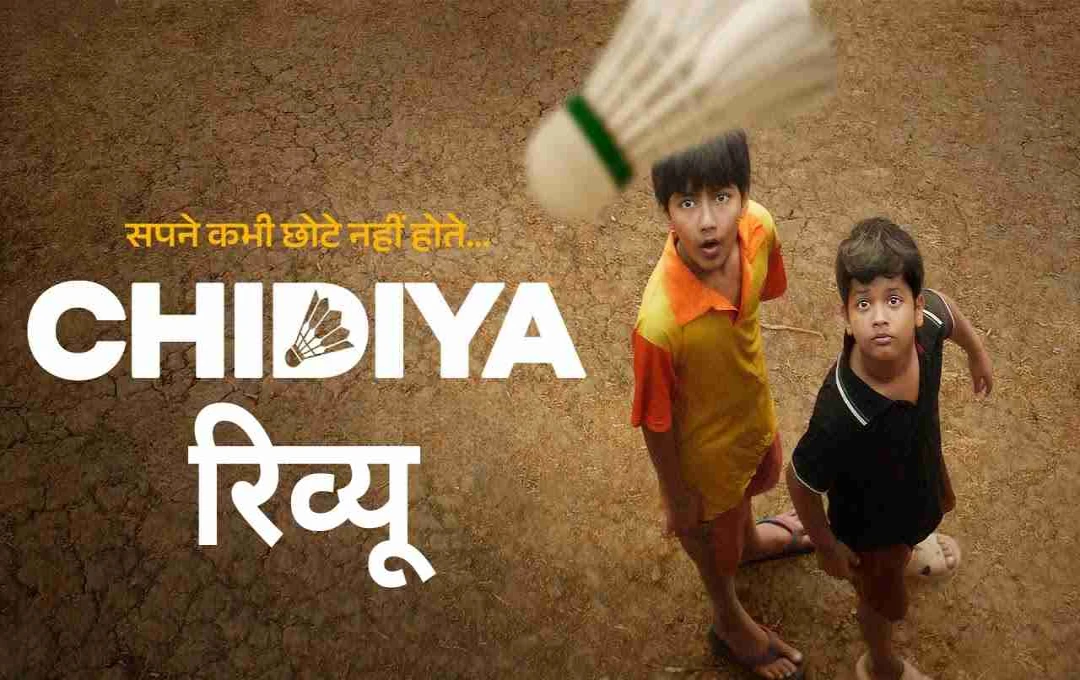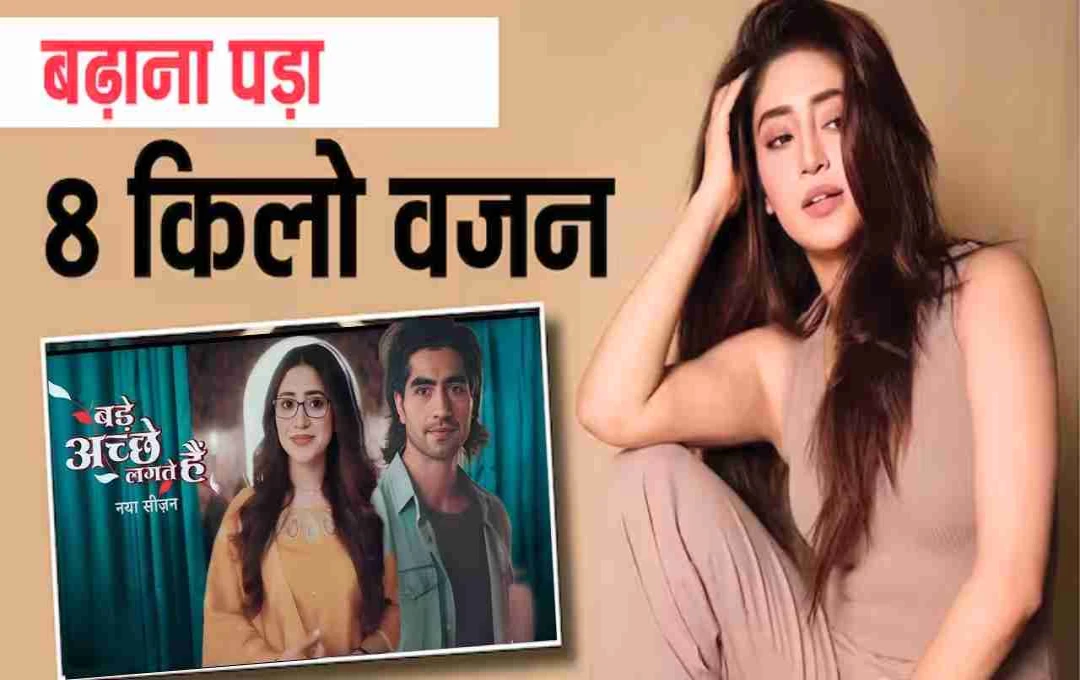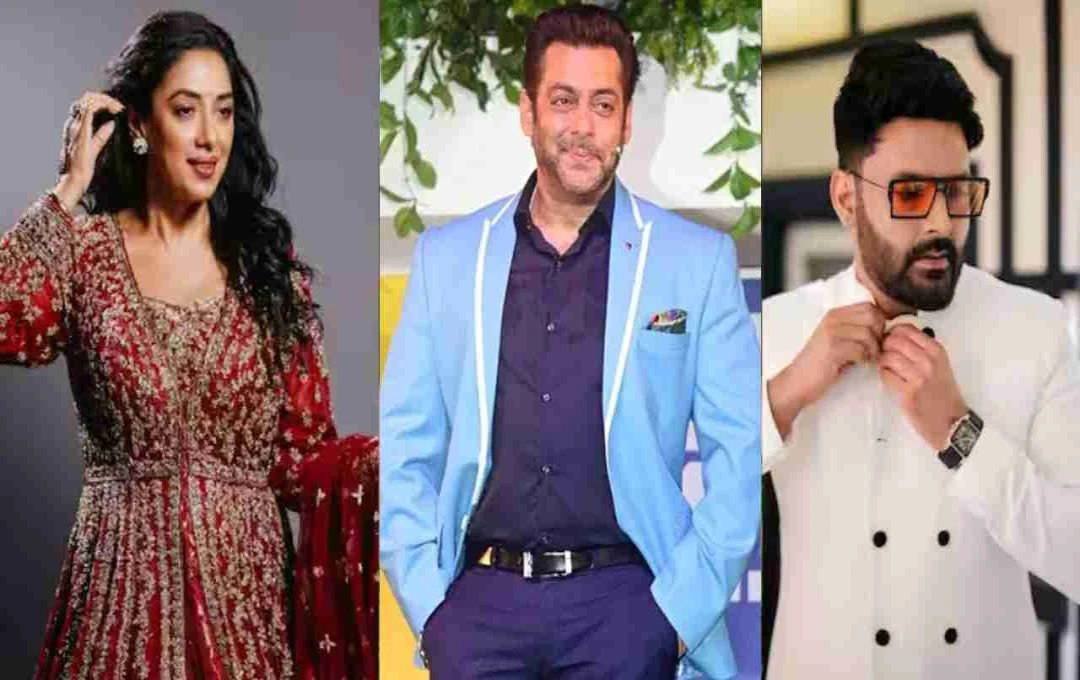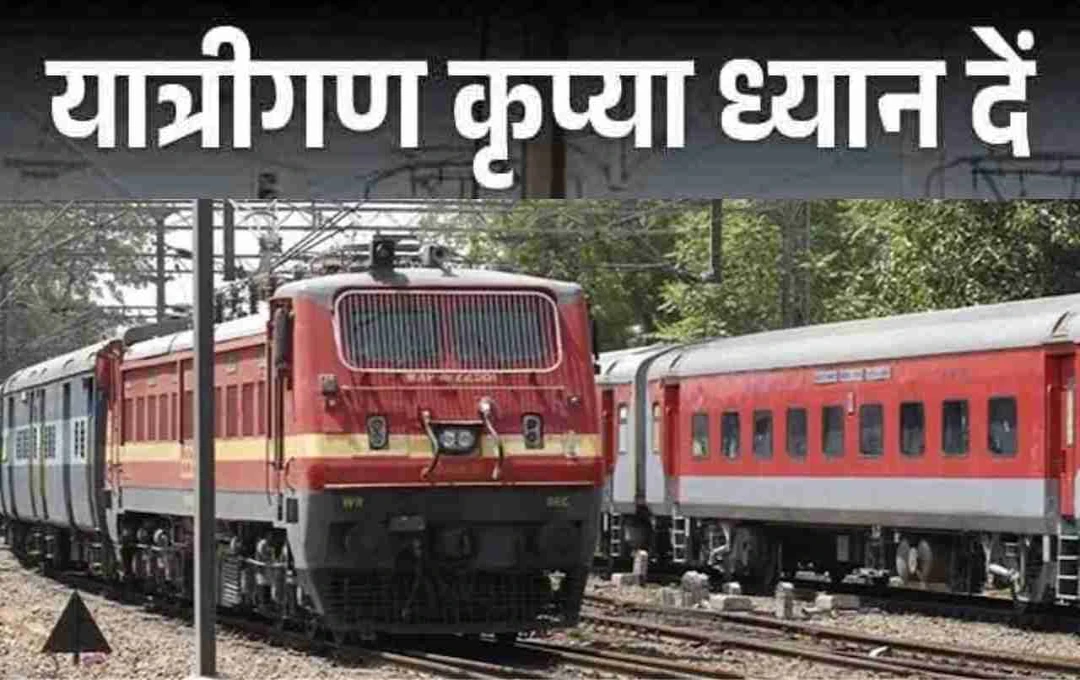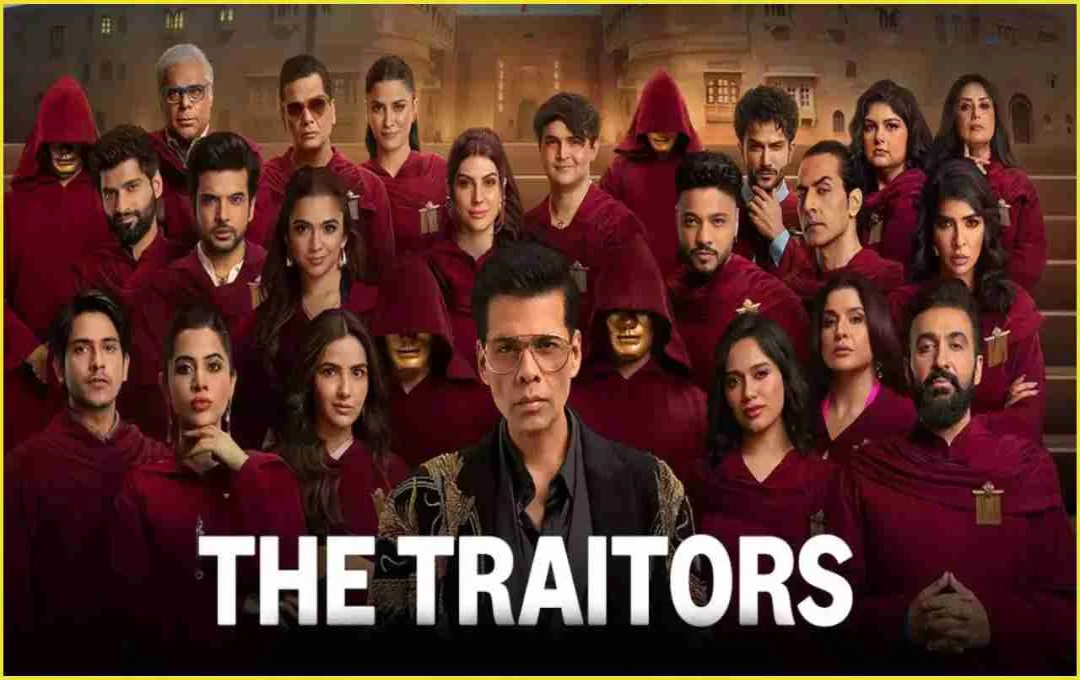PM Modi stated in Gujarat that the first terrorist attack occurred after the partition of India. He asserted that had Sardar Patel's strategy been adopted, terrorism might not have occurred. He also emphasized the importance of development.
PM Narendra Modi: Prime Minister Narendra Modi, addressing the public in Gandhinagar, Gujarat, stated that if the country hadn't been partitioned into three parts at the time of independence and Sardar Patel's strategy had been adopted, perhaps terrorist attacks like Pulwama would never have happened. He termed terrorism a calculated war strategy of Pakistan and asserted that India has always responded decisively and firmly. Let's explore 10 key takeaways from PM Modi's speech that offer insights into India's history, development, and future direction.
Had Sardar Patel's Strategy Been Adopted, Terrorism Would Not Have Occurred
Prime Minister Modi stated that the first terrorist attack in Kashmir occurred on the very night India was partitioned into three parts in 1947. He explained that if Sardar Patel's advice had been heeded and terrorists had been eliminated immediately, the 75-year-long cycle of terrorism might not have begun. Modi said that instead of uniting the country, it was divided into three parts, forcing India to confront the major problem of terrorism.
Terrorism: A Calculated War Strategy of Pakistan
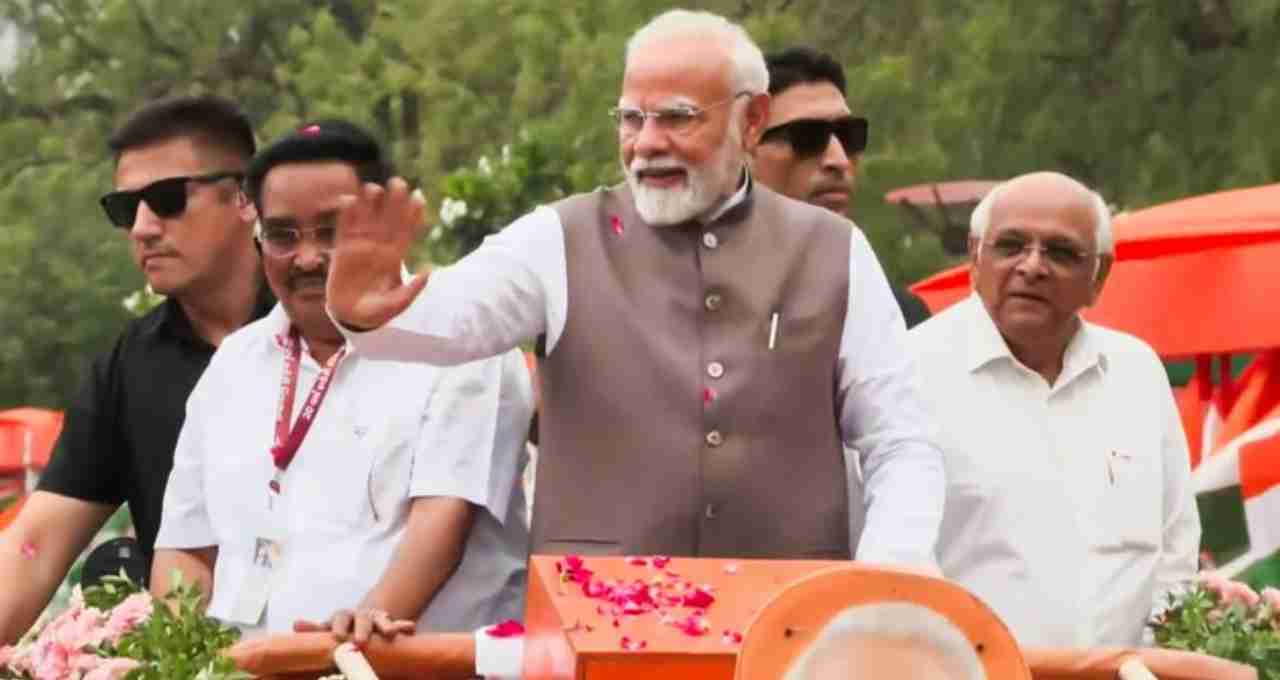
PM Modi explicitly stated that Pakistan's terrorist activities are not a proxy war but a full-fledged war strategy. He highlighted that by giving state honors to those killed on the night of May 6th, placing their flags on coffins, and providing military salutes, Pakistan proved this point. Modi emphatically stated that if someone wages war, they receive a similar response.
Strength Gained from Comprehensive Camera Surveillance
Modi explained that this time India meticulously implemented camera surveillance to prevent the concealment of evidence related to terrorism. This aided in responding to Pakistan and its supporters, conveying the message that India does not conceal evidence.
Emphasis on National Development and Progress
Along with terrorism, the Prime Minister also addressed the nation's development. He stated that India began as the 11th largest economy in 2014 but has now risen to become the fourth-largest economy. He also mentioned the COVID-19 pandemic, challenges from neighboring countries, and natural disasters, despite which India has progressed.
Gujarat's Development as an Example
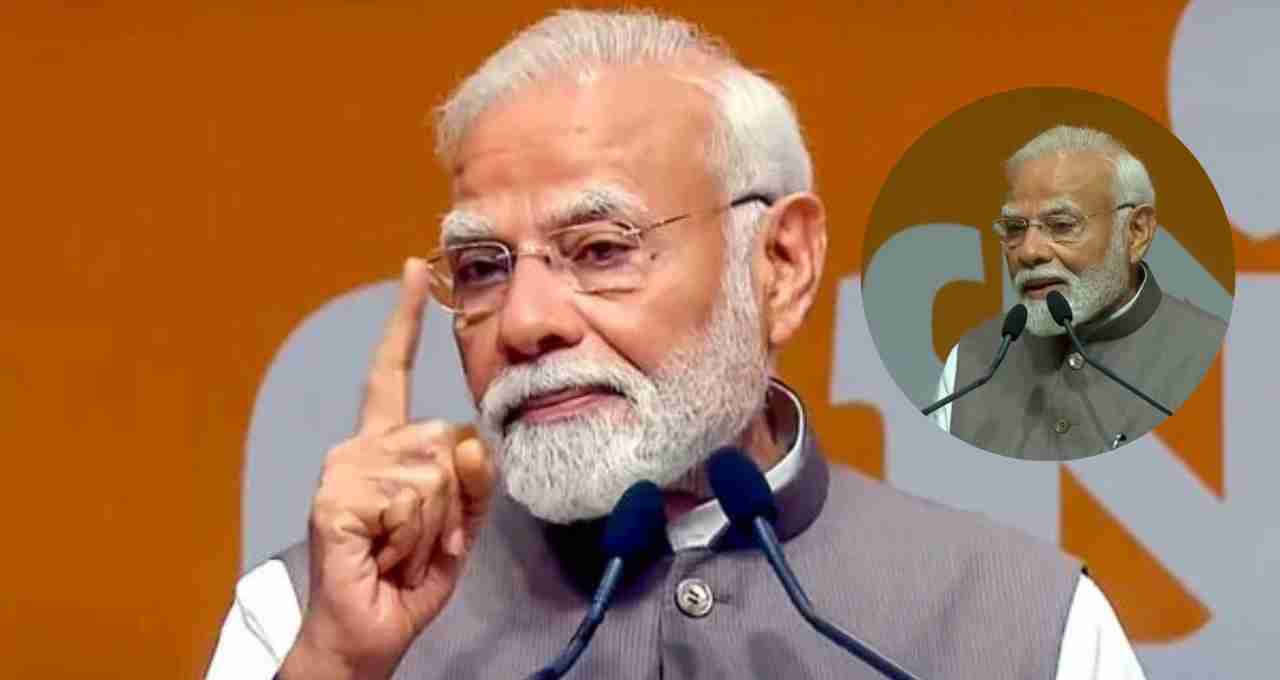
Praising Gujarat's development, Modi highlighted significant changes, including the construction of the riverfront, and the realization of the dream of the world's largest stadium and statue. He also spoke about the Kutch desert, once unvisited, but now experiencing booming tourism with bookings often fully occupied. He identified tourism as a major pillar of India's future development.
Recollections of 2014 and the Nation's Progress
PM Modi recalled May 26, 2014, the day he was sworn in as Prime Minister. At that time, India's economy ranked 11th. He stated that since then, the country has climbed to the fourth position, a testament to its development.
Commitment to Defeat Terrorism
Modi asserted that the country is moving forward with a firm resolve to combat terrorism. Responding to terrorists is a government priority, and the people are also standing with the government in this fight.
Responding to Pakistan's Conspiracies
Targeting Pakistan, the Prime Minister stated that India consistently thwarts its conspiracies. He emphasized that India's security is b and every terrorist challenge will be met with a b response.
Government Achievements Presented to the Public
Modi stated that the government has achieved development in every sector, be it infrastructure, health, or the economy. The fight against the Corona pandemic serves as an example of the nation's resilience.
